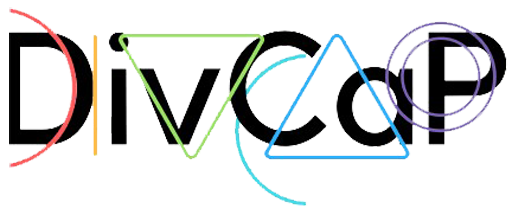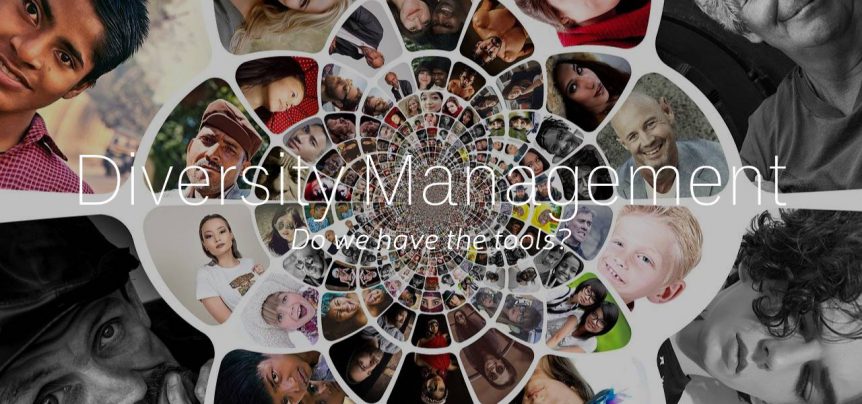In our experience, while working in DivCap Project case studies, we have realized that -at least in South Spain- there is a big gap between the real needs in educational centres and the planned distribution of resources, specially when it comes to dealing with diversity issues.
And it is not just a question of economic resources, but of human resources and the way the educators for Adult Educational Centres are selected and hired. For example, all the staff of educational centres comes from a common job board intended for primary school teachers, meaning that they do not have to be specialists in the subject they are teaching, and the required level of English is B1. No other languages are needed. As you can imagine, language competences in Adult Education become crucial when dealing with refugees, migrants, asylum seekers, etc. Obviously, being able to communicate with the students should be one of the most important factors to pay attention to when hiring a new educator for these kind of centres. But in public Adult Education Centres in the South of Spain, this is not a priority. The centres, even when managers have a clear idea of their needs, have to hire educators with a generalistic profile from a generalistic job board.
In other words: legislation is great, but is not applicable (being realistic), because the resources to deploy it are not available, or they are not adequate.
The million dollar question is: can managers in public Adult Education Centres improve the diversity management in their institutions? And, in our opinion, the answer is: yes, they can raise awareness about diversity among the centres staff but, at the same time, they are seriously limited in achieving real progress in improving their Diversity Management.
On the other hand, the way we think we all can help to overcome this situation is by talking about it openly, and making people more aware about the matter.

